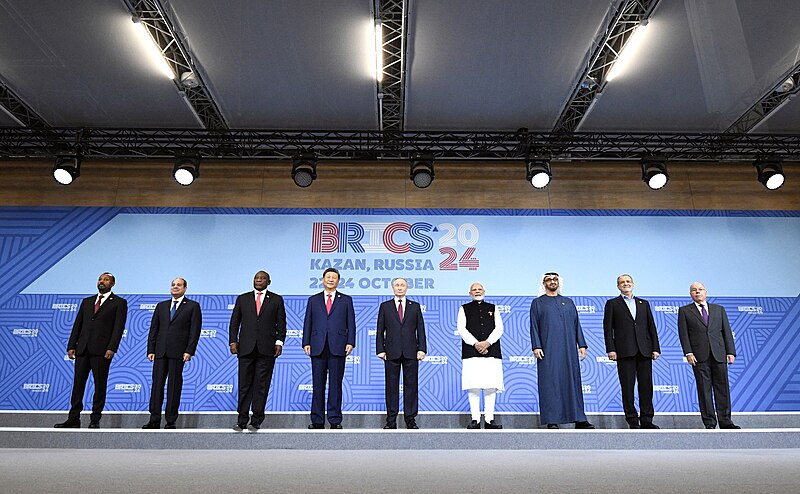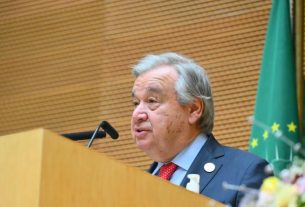On January 7, 2025, Indonesia officially became the first Southeast Asian country to join the BRICS bloc, marking a significant shift in the nation’s foreign policy. BRICS, initially formed in 2009 by Brazil, Russia, India, and China, expanded in 2010 with South Africa and more recently in 2024, when Egypt, Ethiopia, Iran, and the UAE were invited to join.
Indonesia’s membership comes after President Prabowo Subianto’s push for closer ties with developing nations. The country was invited to become a BRICS partner in 2023, alongside Malaysia, Thailand, and Vietnam. Although Indonesia’s previous leader, Joko Widodo, hesitated to join due to concerns over its impact on the country’s non-alignment policy, Subianto’s administration saw it as an opportunity to enhance Indonesia’s engagement with other emerging economies.
The Indonesian Ministry of Foreign Affairs called the decision a “strategic step” to foster deeper collaboration with developing nations, emphasizing principles of equality, mutual respect, and sustainable development. In 2024, Indonesia’s trade with BRICS countries was valued at approximately $150 billion, with key exports including palm oil, coal, natural gas, and rubber. The nation is also considering increasing imports from BRICS countries, particularly oil from Russia.
While Indonesia’s membership in BRICS has been welcomed by the bloc, it has raised concerns about the potential erosion of Indonesia’s non-alignment policy, especially given the influence of China and Russia within BRICS. Indonesian Foreign Minister Retno Marsudi, however, defended the decision, asserting that Indonesia’s participation aligns with its “independent and active foreign policy” and that it would continue to bridge the interests of developing countries across the Indo-Pacific region.
Indonesia’s move to join BRICS is also indicative of broader regional trends. Malaysia and Thailand, while not yet members, are actively seeking BRICS membership alongside the Organisation for Economic Co-operation and Development (OECD), to balance their ties between the Global South and the West. Vietnam, also invited as a BRICS partner, has expressed caution about joining, concerned about the potential diplomatic fallout under the incoming U.S. administration.
As Indonesia solidifies its position in BRICS, its path will be closely watched by other ASEAN countries, with the evolving dynamics between the West, China, and Russia shaping Southeast Asia’s future foreign policy strategies.
| Picture by Russia Presidential Press and Information Office http://en.kremlin.ru/events/president/news/75373 on Wikipedia |



